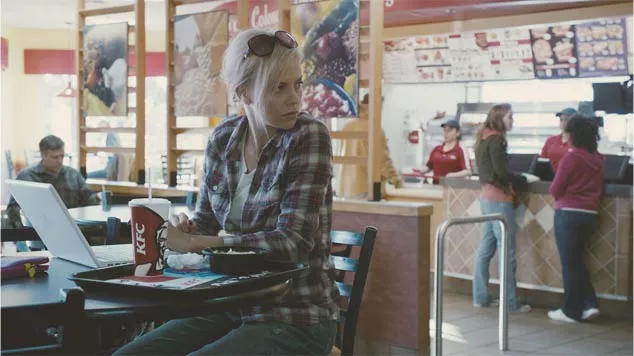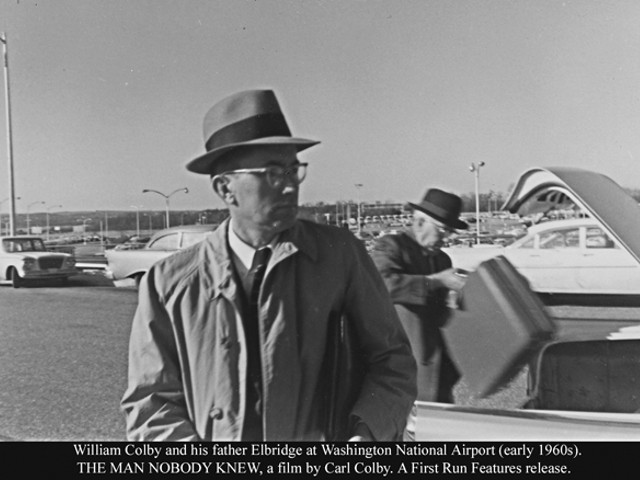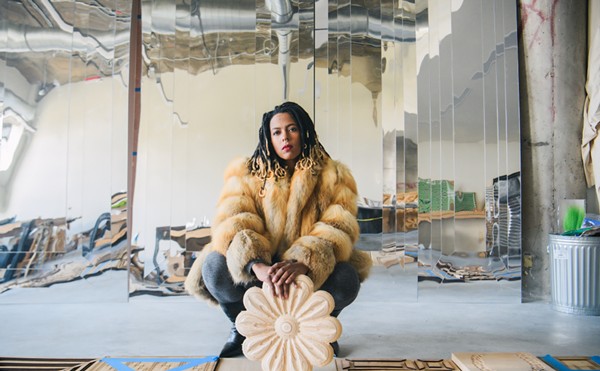Young Adult
B-
While we all grow old, it's not clear how many of us ever really grow up. Whether it's social functions, the work place, or Congress, sometimes it seems like American adults never really leave behind the social hierarchies of high school, forever repeating or reacting to their teenage selves.
This couldn't be truer for Young Adult's Mavis Gary (Charlize Theron), a 37-year-old ghostwriter for a series of teen books whose popularity has faded. A former high school mean girl and beauty queen, Mavis is still one of the prettiest girls around. But it's mostly facade. Extensions hide the places where she's pathologically yanked hair from her scalp, falsies enhance her cleavage, and makeup hides the decades-long toll of morning-after hangovers. Mavis still knows how to physically appeal to men but has grown bored doing so, and cluelessly remains skin-deep in her relationships. Beneath the model looks is a seething quagmire of misanthropic narcissism and directionless self-loathing.
Theron, no stranger to subverting her super-model surfaces, fearlessly embraces Mavis' ugly inner child, presenting her as a boozy black hole of self-absorption, sexuality and unfulfilled neediness. What those needs are, however, is anyone's clue — including Mavis. It's a brittle portrait that never descends into tidy explanations.
When she receives a birth announcement from her old high school flame, Buddy (Patrick Wilson), she misinterprets it as an attempt to romantically reconnect. Returning to her hometown of Mercury, Minn., she plans to "rescue" her ex from domestic hell and reignite their adolescent love. That Buddy is perfectly happy with his life is beside the point. Mavis is determined to recapture what she considers the best years of her life and no evidence to the contrary is strong enough to dissuade her.
Young Adult again teams writer Diablo Cody with her Juno director Jason Reitman, but the results are decidedly darker and more acidic this time out. With a story that hinges on a dysfunctional queen bee who turns nostalgia into self-absorbed fetishism, their ruthlessly spiky movie plays like an anti-romantic comedy, setting up and then puncturing formulaic conventions with dark and unsavory comic riffs. The tone is less Juno and more Observe and Report, another recent film that subverted Hollywood formula for uncomfortable laughs.
Unfortunately, Young Adult isn't ambitious (or humane) enough to create effective satire. Its scope is too limited, too often settling for movie-world condescension and schematic unpleasantries. Take, for instance, the chance meeting that turns into an unlikely relationship between Mavis and Matt Freehauf (Patton Oswalt). As convincingly heartfelt as Oswalt is (Oscar, take note) as the damaged nerd who still harbors a crush on the high school pretty girl, Mavis' attraction to him seems more screenplay contrivance that true character development. Yes, they share a sense of desperation, but nothing in the film's presentation of Mavis suggests she'd be drawn to a guy like Matt.
Similarly, once Cody sets things up, the narrative becomes an episodic series of unsuccessful attempts to seduce Buddy and commiserations with Matt. The story never builds or deepens so that when the final act's meltdown finally comes, it feels more inevitable than earned.
Reitman, whose direction can best be described as minimalist and literal, is clearly serving Cody's vision, keeping his focus on the performances. To his credit, everyone in the cast is terrific.
In the end, what almost makes Young Adult work is Cody's angry yet surprisingly empathetic script. Mavis may be a deplorable human being but her crushing loneliness and tragic lack of self-awareness are palpably real. With nary a hamburger phone in sight, Cody's writing has moved beyond the invention of pop culture catch-phrases to express the voice and attitudes of modernity. More impressively, she connects it to Mavis' pitiful attempt to hold onto her youth. In defiance of Hollywood's need for endings that deliver redemption and healing, Young Adult offers no catharsis and, instead, admits that people, by and large, don't change. Mavis has no great epiphany, and her connection to Matt is as unfulfilling as it is fleeting. And high school goes on forever.






